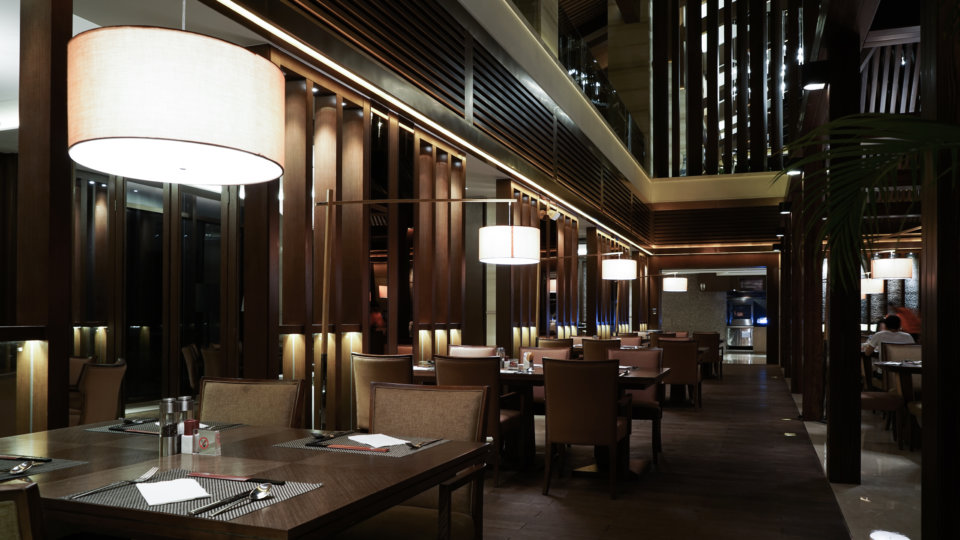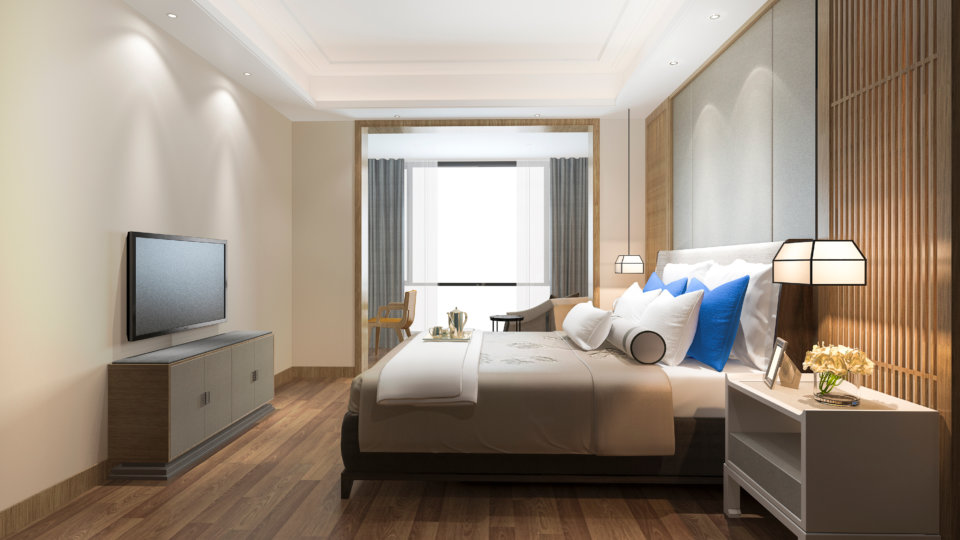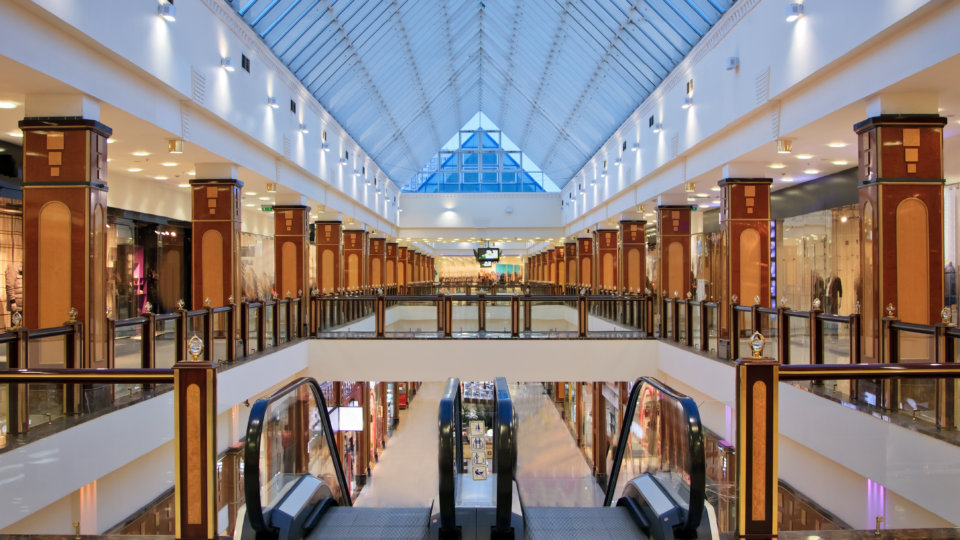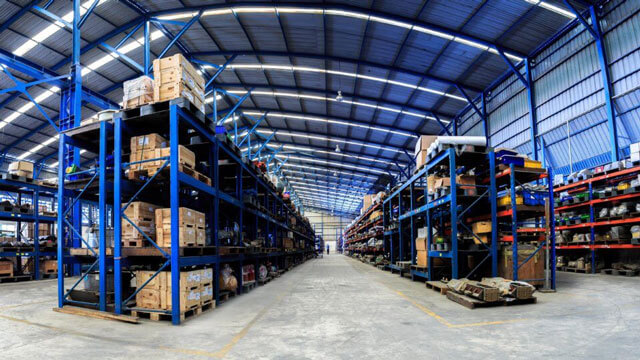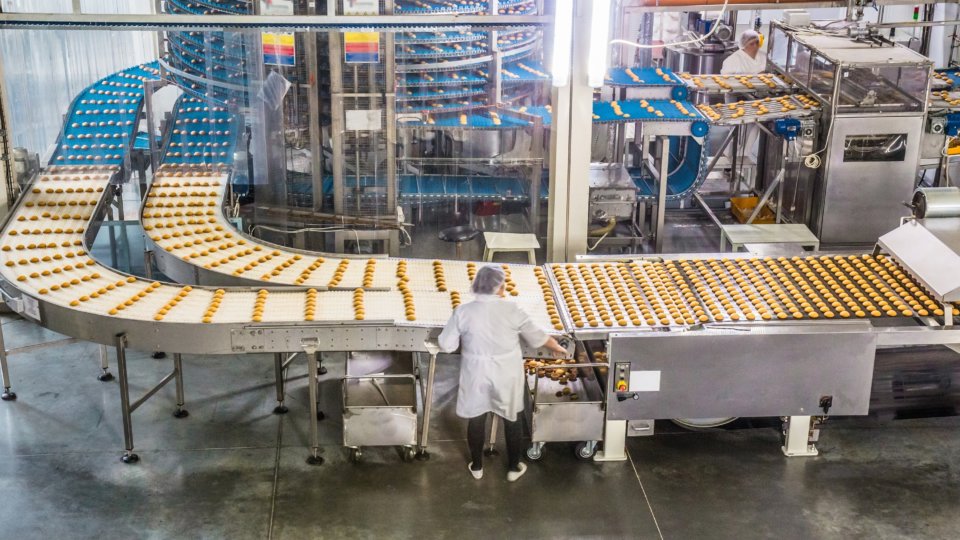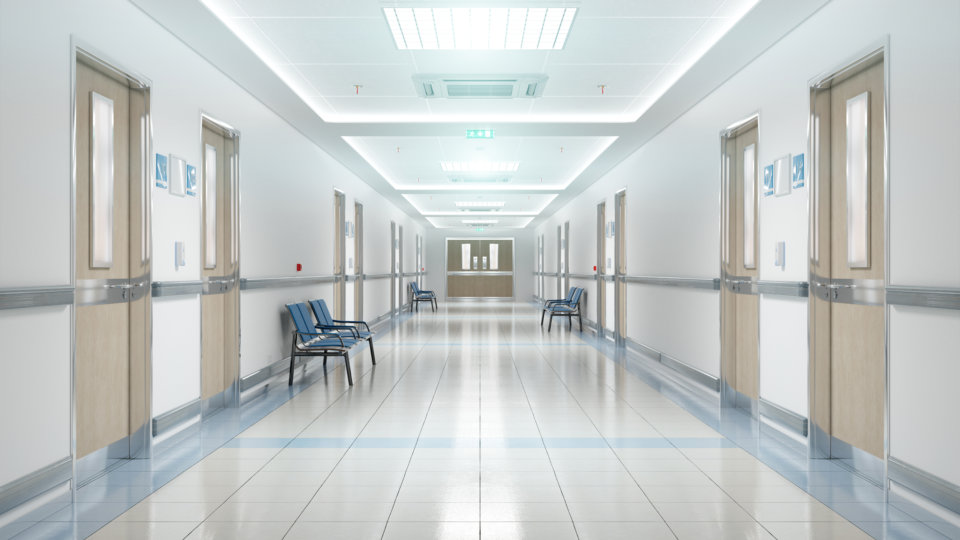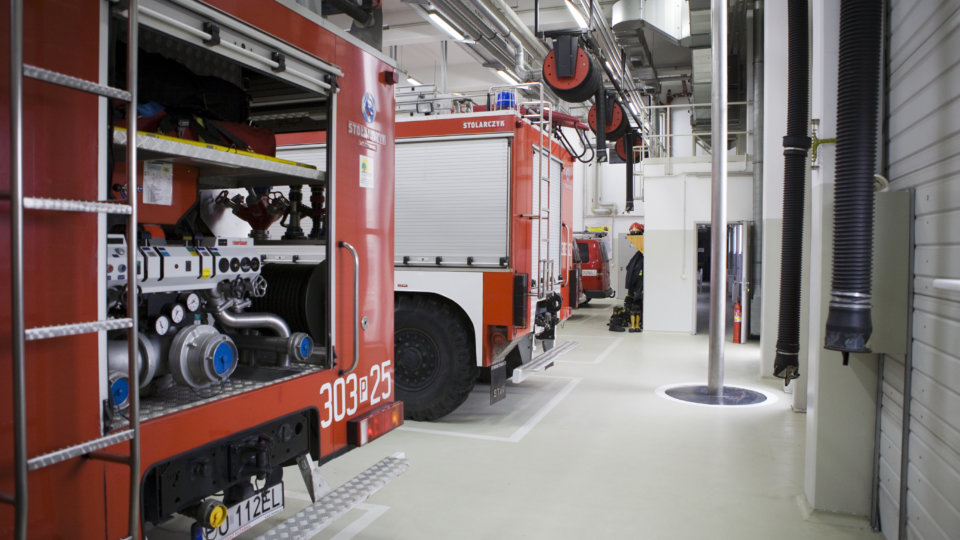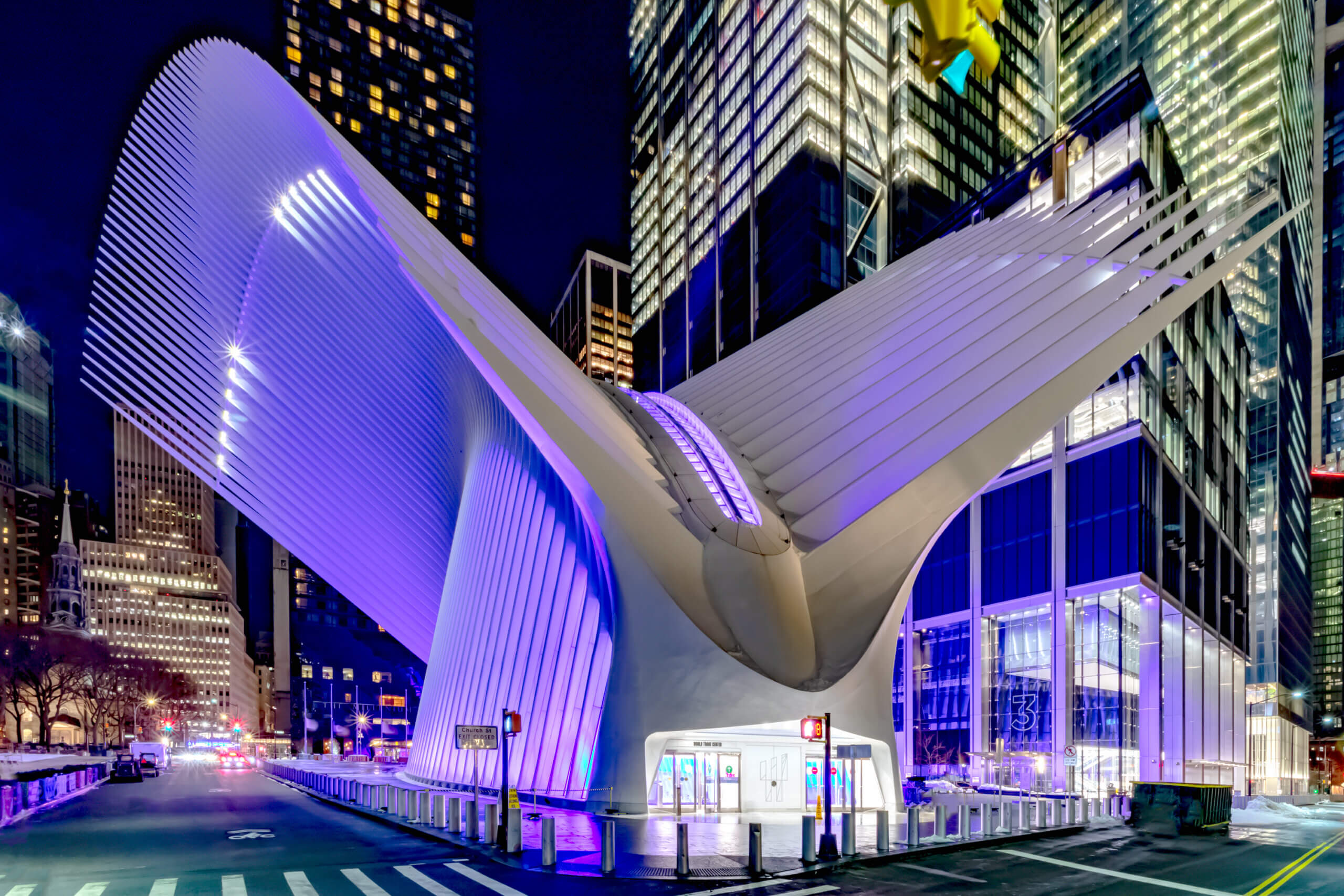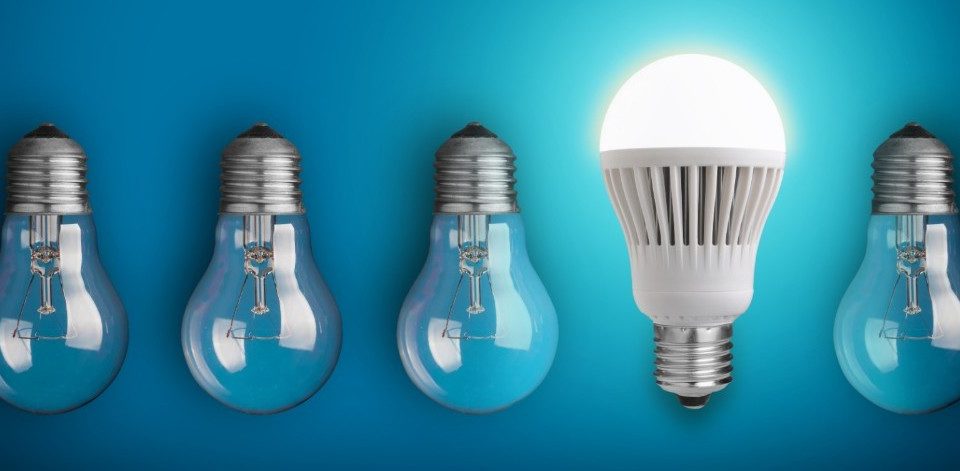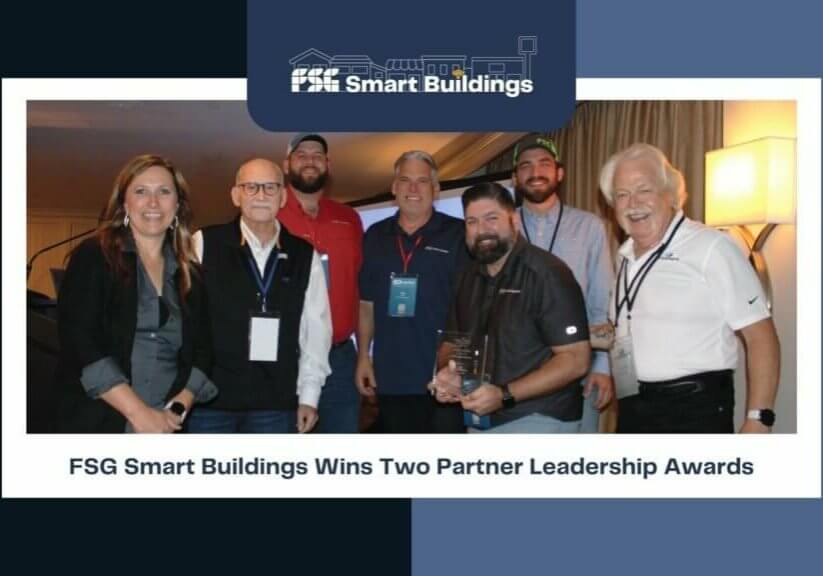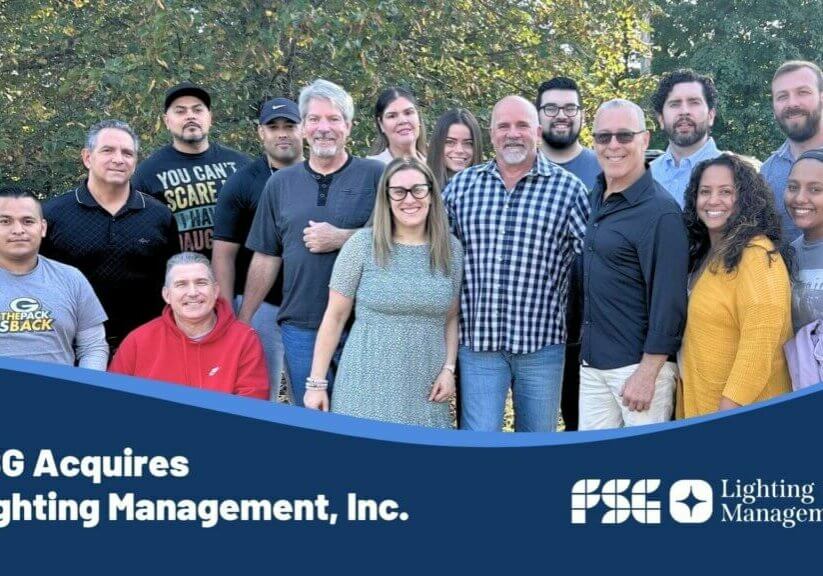Every lighting project could potentially be a disaster waiting to happen.
I’ll bet you didn’t think you’d ever hear a lighting contractor say that.
It’s true. With so many elements in play during a lighting retrofit or electrical construction, it is easy to become overwhelmed. We fear that we may not have all of the information we need to make the correct decision.
It’s like taking your car to a mechanic when you aren’t a car expert.
It’s frustrating when your car, which is vital to your everyday life, is also something you don’t know much about? How can you know that you’re making the right repair decisions? When things are going well, we take it for granted but then when an issue arises and you hand over the keys to a mechanic, you know it will be a disaster in the end.
When you aren’t a lighting expert, beginning a lighting project feels like being at the mercy of your mechanic when you give them the keys to your car.
The lights in your building are a vital part of your facility. Just as we take our cars for granted when everything is running smoothly, we overlook our lights because it seems they are always just…on. When the time comes when you need to fix or improve those lights, we feel just as lost.
Talking to a lighting contractor feels like talking to your mechanic: just agreeing to the contractor’s proposal leaves you with that suspicion you remember from the car shop.
Doubt rises inside us, and we fear a potential disaster.
What if it was different? What if, instead of feeling overwhelmed and gazing blankly into the distance, you had a guide? What if you had tools that help you find the right contractor, help you get the correct work done, and help you avoid the feeling of looming disaster?

Ask the right questions
The secret is asking the right questions. (See, we said it was simple!)
Not just any questions. You need to know the right questions to ask your lighting contractor before the project so that you know your project is needed and the contractor you are talking to is a good fit for your project.
How many lumens do these lights put out?
“Lumens” is a measurement used to determine the brightness of a light. That seems straight-forward, right? You need to be interested in how bright your lights are. Don’t let the first time you flip on the light switch be the first time you know for how much light your new lights produce.
Ask the contractor about lumen output for the proposed system, and how the brightness compares to your current lights. Are the numbers similar? Too many lumens (i.e., lights that are too bright) are as big of a headache as too few lumens (i.e., it’s so dark I can’t see my hands). You want the lumen output of the new lighting to be roughly equivalent to your current lights so that the change isn’t too disorienting.
“But wait, why not just ask how bright the lights are?”
Asking about “lumens” specifically helps you learn about your contractor as well as your proposed lighting. Your lighting contractor should know the lumen rating for the proposed system. If they don’t, there’s really no need to keep asking them questions. The wisest thing to do would be to thank them for their time and slowly back away before running away as fast as you can.
“Asking about “lumens” specifically helps you learn about your contractor as well as your proposed lighting. Your lighting contractor should know the lumen rating for the proposed system.”
What’s the temperature of your new lighting?
It’s pretty simple, the “temperature” of light determines its color. Lower color temperatures are “warmer” (orange/red), while higher temperatures are “cooler” (blue/white). Here is where it can get confusing, Lower temperature lights (2000k – 3000k) are warmer in color trending toward oranges and reds. The temperature of the light is lower, but the color is warmer. In the same way, higher temperature lights (4500k-6500k) are “cooler” in color trending towards blue. A good reference point is to remember that the temperature of direct sunlight at noon is about 5600K.
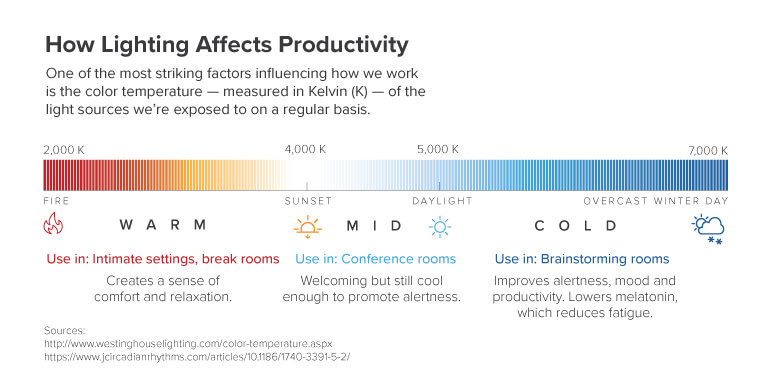
Just as with the question about lumens, we’re ticking two boxes at the same time with this question. Does the new lighting temperature rating match the current one? Does this contractor know what they are talking about?
If the contractor tells you the temperatures are different, ask why. Ask if the new temperature will be correct for the tasks you need to do in your space. Be sure the contractor understands what you need from your light. The lights that are going into a church sanctuary, are very different from lights going into a hospital.
If the contractor doesn’t know the answer to your question, evacuate the area as quickly as possible.
How do the lights turn on and off?
This question is crucial, especially in the new world of LED lights. Not all LED fixtures are created equal, and they are not all controlled the same way. The hardware that turns the lights on and off (and also controls dimming) is different depending on the bulb type, application, fixture, and manufacturer.
Just as the lights are different, so too are the systems that connect them. Many systems are binary: on or off using a wall switch. What do you do if you need your lights to dim? What if the lighting system is connected to motion or daylight sensors? Some LED lights flicker uncontrollably when connected to legacy dimming systems. Are the LED lights your contractor recommends going to perform correctly within your larger lighting system? Does the contractor completely understand how these new lights will be used?
It’s not enough that your new lights match your old lights in brightness and color. Your contractor may be cutting corners by proposing lights that, on paper, have the same light characteristics of your old lights but lack the ability to be controlled. Not all LED lighting is “smart” lighting.
If you are installing new LED lighting and are not considering all of the new options to control those lights, you are only realizing a portion of the benefits of your new lighting network.
Who is doing the installation, and how?
Your business or building is exactly that, yours. You know what is best for it and your scheduling needs, as well as all of the factors that impact that schedule. Whether it’s a retail store that needs to be ready to receive customers or an industrial campus that operates 24 hours a day, your facility must be available when you need it.
Asking this question is vital.
If your contractor is worth their salt, they’ll already know your schedule. They’ll know what kind of environment they’re working in, and how best to install your lighting project while causing the minimum amount of disruption. Make sure they know about that late shift that comes on at midnight and explain to them the fact that all equipment and material needs to be cleaned up before you open your doors in the morning.
“The logistics and schedule of your lighting project should work around your facility’s schedule, not the other way around.”
An experienced lighting contractor will use the best tools and the best people and will place them at your disposal. You do not want your lighting contractor to show up on the first day of the project and announce that they need to shut down the electricity to your building for the next three business days.
The logistics and schedule of your lighting project should work around your facility’s schedule, not the other way around.
What is the warranty? What does it cover?
Three, five or ten years? Parts and labor, or just parts? How does the warranty for your new lights work? What does it cover? Just as important, what does it not cover?
New LED lighting is expected to last for years, you need to consider your warranty. Most manufacturer’s warranties last between 5 and 10 years for LED bulbs.
If your potential lighting contractor doesn’t know that, watch out! If they give you a figure outside that range, be sure to question them about it. Also, know that rarely does a contractor provide a warranty that covers labor. There are simply too many variables in each job–either the initial work or follow-up labor–for a contractor to offer a labor warranty.
Most lighting contractors will, however, offer service plans or discounted labor rates for warranty coverages outside of the initial labor warranty. Better lighting contractors will even have strong enough relationships with manufacturers to make sure the customer doesn’t bear too much liability if a fixture or lamp fails after the initial labor warranty expires. Make sure your contractor isn’t just a good one, but one of the better ones!
Ask for a detailed explanation of the warranty. Again, if the contractor can’t provide one, think seriously before agreeing to do business with them.
The contractor that you work with to install the lights will also be the contractor you trust to stand behind their installation for years to come.
The Best Question
Great, now you are armed with a good arsenal of questions to use when you’re looking for a lighting contractor. If you ask these questions–and get the right answers–you can weed out contractors who are likely more trouble than they are worth.
The best question, though, is one you never have to ask.
In the end, do you really want a contractor who must be forced to tell you simple information? The best lighting contractor is the one that answers all these questions right from the start before you might even know to ask.
FSG knows about lumens. We’ll tell you about your current lights, your new lights, any differences between them, and why those differences matter.
FSG knows about temperature. We will recommend temperatures and colors that suit your purposes, rather than merely choosing the cheapest materials.
FSG knows how LED lights work. Will your new lights communicate with your larger system? We’ll explain why, or why not.
FSG knows how to schedule an installation. Your needs come first, always. If that means the installation can only be done on weekends, at night, or during closing hours, we’ll get it done.
FSG knows warranties. Right up front, you’ll receive an explanation of the manufacturer’s warranty, how it works, and what it means for you.
All of these questions–and many more–will be answered up front by your dedicated team of FSG experts. Not only do we want you to trust that we know what we’re doing, but you can also trust that your new lights are the right decision for your business.
Our teams of designers, managers, technicians, and maintenance experts are standing ready to help you bring the light to your customers and your athletes. Don’t let poor lighting stand in the way of giving you the most customer-centric experience in your market. Give us a call at 1 (512) 886-1258 or email us today. Bring us your most challenging lighting question!

